So, you want to write an eBook but aren’t exactly sure what to write about?
Or, maybe you have a topic in mind, but aren’t sure it will fly with your target audience?
No problem! In this post, I’m going to lay out a framework you can use to decide what to write about in your eBook.
This will take much of the risk and uncertainty out of the process, and ensure you’re choosing an eBook topic your audience will actually want to read about!
1. Determine Your eBook Niche
If you already have a blog or active social media following, you’ve probably already identified your niche. If so, you’re already one step ahead of many would-be eBook authors!
But it’s also perfectly okay if you’re just starting out – the strategies below will help you not only define your topic but your niche as well.
When starting to think of a possible niche to pursue, consider the following questions:
- What topics am I passionate about?
- Am I really knowledgeable about and trained in?
- What problems do people already frequently ask me for advice on?
But don’t just stop here.
Once you’ve chosen your niche, niche down even more! In my experience, the more specific your niche, the easier it is for you – and your book – to stand out from the competition!
2. Ask Your Target Audience What Their Biggest Problem Is
Before you do anything else and decide on choosing an eBook topic, why not actually ASK your audience what topics they want to learn more about?
You can do this the low-tech way by simply asking them in person or via scheduled one-on-one calls. These types of personal interactions can often yield better results than using more scalable strategies.
That said, why not use both methods? Ask your audience in person as well as via social media and surveys.
You can create a simple form for free, in just a few minutes, using Google Forms (pictured above). Then simply let your audience know you need their feedback, and start getting responses almost immediately!
3. Check Your Analytics for Popular Topics
Your blog and social media analytics can be an excellent source of intel.
Take some time to look through the old blog and social media posts to see which content has gotten lots of views and shares in the past. Note down the topics (and sub-topics) of these posts to see if you can find any common themes.
You might even be able to recycle some old blog posts by using them IN your eBook!
Bonus Tip: Make sure you keep a list of the URLs for your most popular content. Once your eBook is written, you can go into these posts and add a link to your book!
4. Use BuzzSumo to Find High-Performing Content
I love using BuzzSumo as a starting point for my research.
Simply plug in a word or phrase, and get a whole list of popular content related to that topic. It will give you metrics like Facebook engagements, Twitter shares, and even inbound links.
While you’ll need a paid subscription to see the full list of content, even the free version can be a great source of inspiration in choosing an eBook topic!
5. Solve a Problem
Simply identifying a topic or niche ISN’T enough.
People don’t usually buy eBooks just to learn about a topic…they buy them in order to solve a problem.
[click_to_tweet tweet=”People don’t usually buy eBooks just to learn about a topic…they buy them in order to solve a problem.” quote=”People don’t usually buy eBooks just to learn about a topic…they buy them in order to solve a problem.” theme=”style6″]Whatever broad topic you’ve chosen, how can you turn this information into a practical “how to” guide?
What specific problem or problems is your eBook going to help your target audience solve?
For instance, rather than writing a general book about public speaking, how about, “A Step-by-Step Guide to Overcoming Your Fear of Public Speaking”?
Directly solve your audience’s biggest problem, and you’re well on your way to not just choosing an eBook topic but creating a bestseller!
6. Investigate Kindle Books
This is one of my FAVORITE ways to find popular topics.
Go to Amazon and look at the paid – not free – bestselling Kindle eBooks in your niche. Look to see if you notice any common themes or topics that you could build off of.
Next, dig down further into the Kindle book category/categories you’re considering, and scope out what people are already writing about in your niche.
Pay special attention to ratings and reviews. These can be a great source of intel on what other authors are doing well and where they’re striking out. Use the knowledge you’ve gained to figure out where there are knowledge gaps that you can fill!
[click_to_tweet tweet=”Pay special attention to ratings and reviews. These can be a great source of intel on what other authors are doing well and where they’re striking out.” quote=”Pay special attention to ratings and reviews. These can be a great source of intel on what other authors are doing well and where they’re striking out.” theme=”style6″]7. Test Out Possible Topics
Once you’ve narrowed down your choices, write a blog post or short guide on each topic.
Then promote each post via your usual channels (social media, email, etc.) and monitor how each performs.
Also, notice what your readers have to say about your posts: What additional questions are they asking? Which ones can you incorporate into your eBook?
This will give you a good idea of choosing an eBook topic that are most popular among your audience, and which aren’t…at least right now.
8. Find out What Your Competitors are Writing About
Competitive research is always important, especially when you’re deciding what to write about.
Set yourself the goal of identifying your top 10 competitors, and then finding out what topics they’re writing about.
Look through their blog posts to see which ones have gotten the most shares. I recommend using a tool like Social Count (pictured above) to automate this process. This tool will save you a ton of time by letting you find the most shared articles on each of your competitor’s sites!
It’s also super important to identify if they’re already selling eBooks, and to figure out what topics they’re covering.
You’ll likely want to choose a slightly different topic…unless you know you can write a much better book on the same subject.
9. Look for Online Courses on a Similar Topic
Search online course marketplaces like Udemy and Skillshare to find courses related to your niche.
There are a few ways this can help. First, it can help you find topics that are actually marketable. Since these sites show you exactly how many people have taken the class (and what rating they’ve given the class), this can solve the problem of, “Does anyone actually care about this topic?”.
Second, this is a great strategy for helping you come up with possible subtopics – or chapters – for your eBook. Look through the modules of the courses you find to see if you’re missing any important elements related to your topic.
Finally, if you can create an amazing eBook on the same topic – at a fraction of the price – you can potentially capture the interest – and money – of people who need help but just can’t afford the cost of an online course!
10. Identify Related Keywords and Questions
Keyword research isn’t just for blog posts! Spend some time doing some basic keyword research to find a whole bunch of possible topics/subtopics related to your main topic.
One of my favorite tools for identifying a whole ton of keywords AND questions related to my topic is Answer The Public.
Simply enter a seed keyword or phrase, and the tool will return a whole bunch of info: including popular questions that are being asked online about your topic, related phrases sorted alphabetically, and even fun data visualizations, which are perfect for more visual learners.
Final Thoughts
Deciding what to write about in your eBook isn’t easy, but the strategies above should help.
Even if you haven’t completely narrowed down your niche, you can use most of these tips to select your eBook niche AND come up with a topic…and even sub-topics!
Need more guidance for writing or publishing your eBook? Check out these posts:
17 Mistakes to Avoid as a New Author
I’d love to know: What topics do you have in mind for your eBook? What strategies are you going to use to find out if your target audience will want to read about it? Share below!
About Author
Kim Garst
Kim Garst is a renowned marketing strategist and speaker who is trailblazing the use of artificial intelligence in digital marketing. With over 30 years of experience as an online entrepreneur, Kim helps entrepreneurs grow their business and authority online by using AI technology. She is leading the way with proven AI frameworks that help entrepreneurs build authority in their space.
She is keynote speaker and an international best-selling author of Will The Real You Please Stand Up, Show Up, Be Authentic and Prosper in Social Media.
Named by Forbes as a Top 10 Social Media Power Influencer, Kim is well-known for her skill to simplify complex technology and make the use of AI understandable for business growth. Her relatable, actionable advice helps guide new entrepreneurs to harness the power of AI to succeed in digital marketing. Kim is leading the way in combining human and technological skills to create a new model for AI-powered marketing.

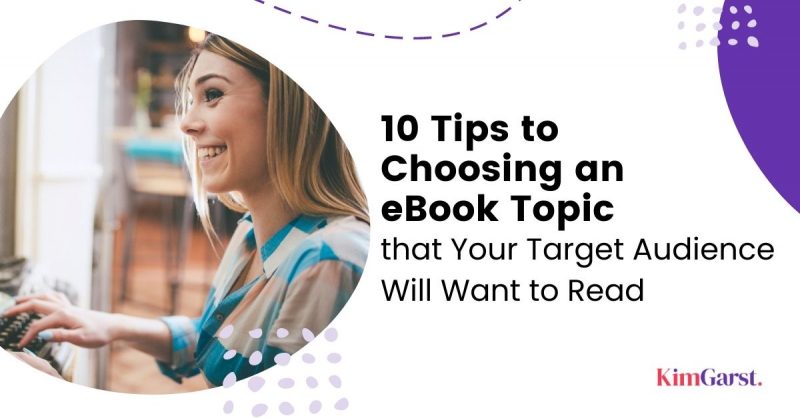
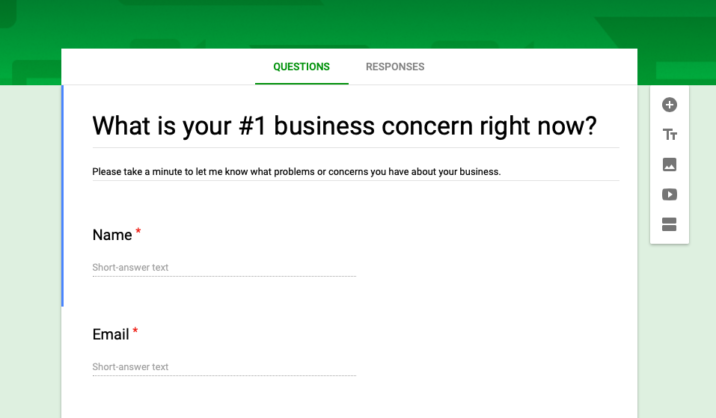
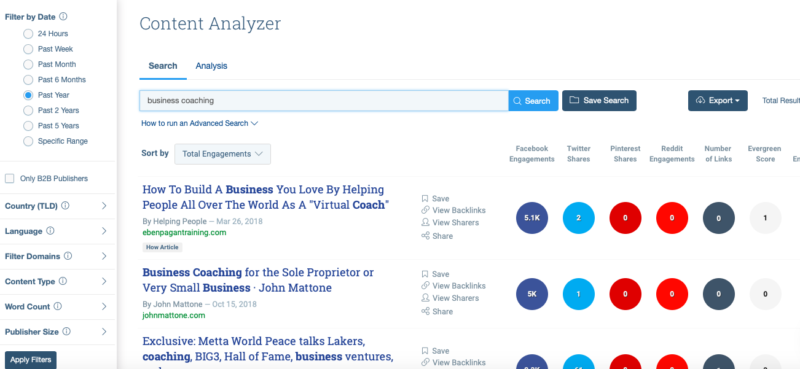
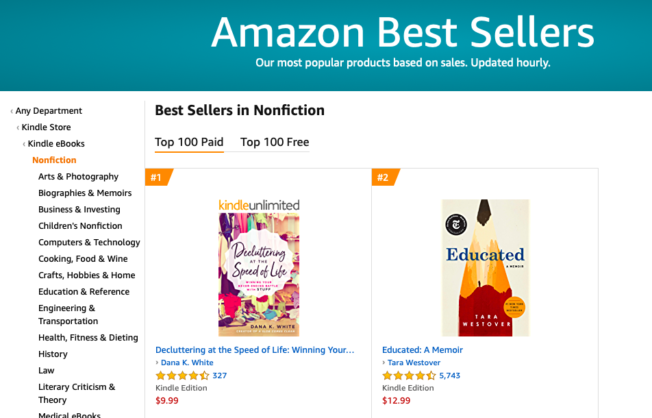
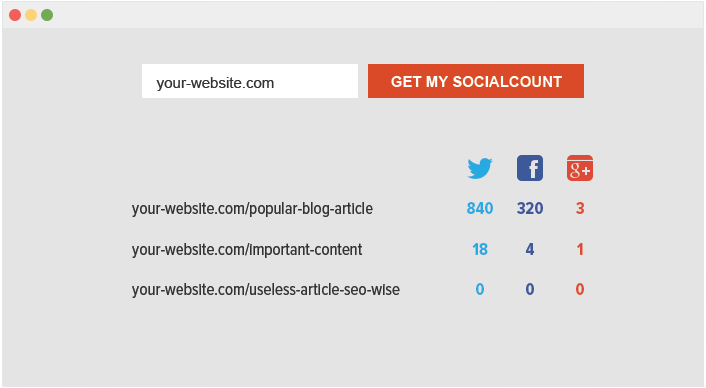
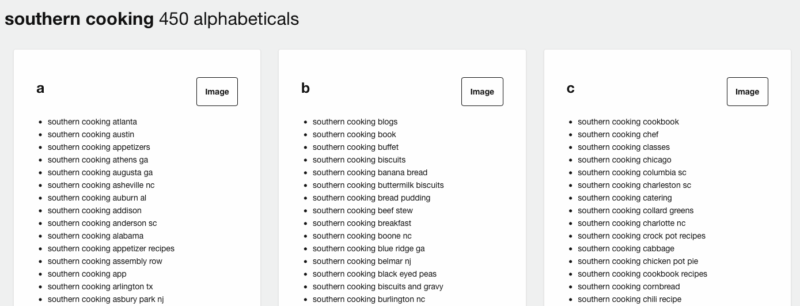
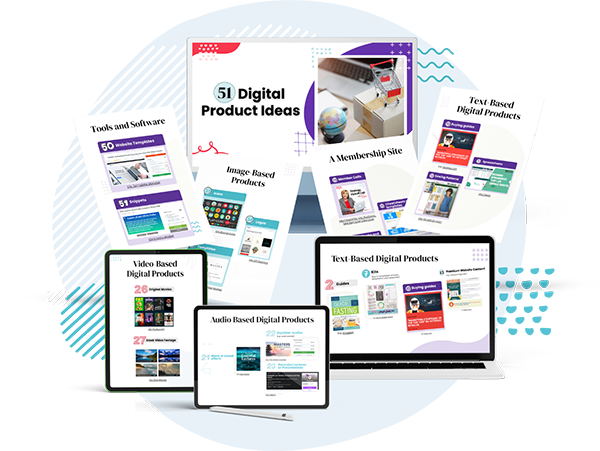
5 thoughts on “10 Tips to Choosing an eBook Topic that Your Target Audience Will Want to Read”
Your article is very helpful. Keep sharing these types of article
Wow, Amazing Article.
Great Post. For more information, you can visit the source and can grow your knowledge about the RBI Grade B exam pattern, cut-off, syllabus, eligibility criteria and many other details that will help you to crack the exam.
I really like your article. It’s evident that you have a lot knowledge on this topic. Your points are well made and relatable. Thanks for writing engaging and interesting material.
Interesting one!